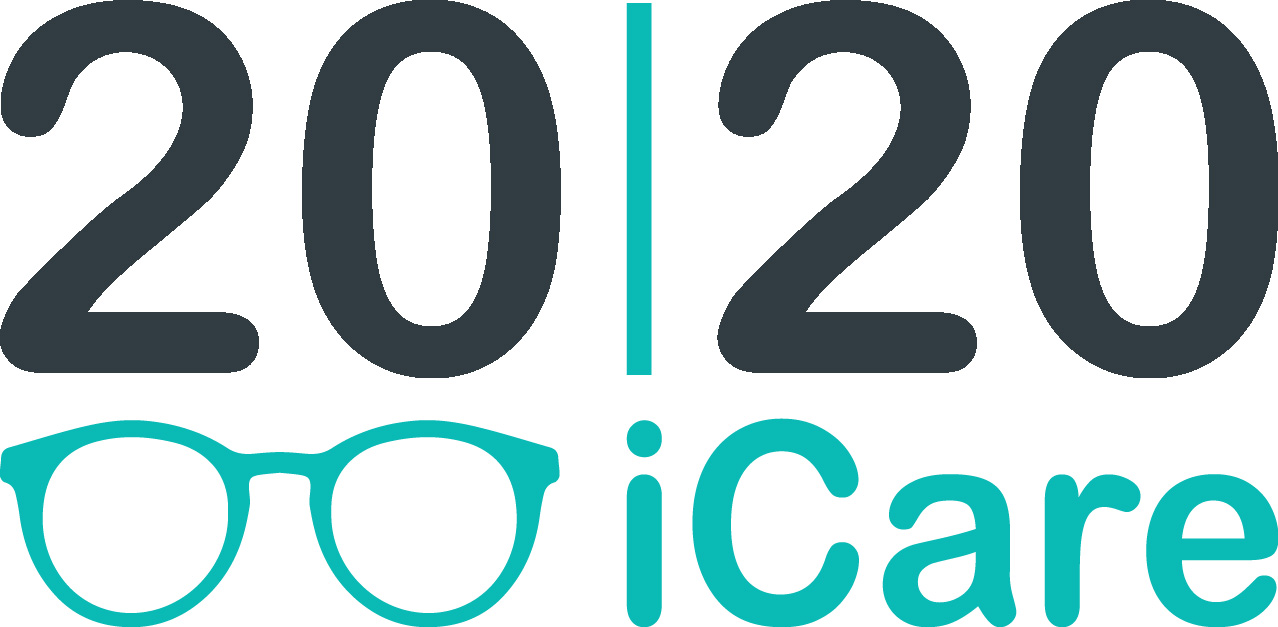Complete Vision Assessments
at 20/20 iCare Tyler
The first step towards safeguarding one of your most vital senses begins with a comprehensive eye exam. It’s not just a measure of your current vision but acts as a proactive approach to maintaining your overall eye health throughout every stage of life.

Why Comprehensive Eye Exams Matter
Comprehensive eye exams go beyond basic vision testing. They are thorough evaluations of your eye health and vision, designed to detect early signs of eye conditions long before symptoms appear. Usually, when symptoms become noticeable, the condition progresses to a more advanced stage, making treatment more complex and recovery less certain.
By getting regular exams, we can identify issues early on and start treatment sooner, potentially saving your vision. Additionally, eye exams are crucial for detecting signs of physical diseases like diabetes, which often manifest in the eyes before attacking the rest of the body.

Eye Care For All Ages: The Lifespan Approach at 20/20 iCare Tyler
Pediatric Eye Exams for Visual Development
Children often do not realize they have a vision problem, making regular eye exams essential to uncover hidden issues like amblyopia (lazy eye), strabismus (crossed eyes), refractive errors, and other visual impairments.
Early detection and treatment are key, as we can treat eye conditions more successfully when we identify them early, preventing permanent vision impairment and learning problems at school.
We recommend children see an eye doctor at six months, again at age three, and before starting school. After that, they should get annual exams or as their eye care professional recommends.
Eye Care for Teens & Young Professionals
The teenage years bring unique challenges for eye health, notably the rapid progression of myopia and increased screen time, which can lead to digital eye strain. Routine eye exams are key for tailored myopia control strategies and advice on reducing eye strain.
For young adults, this stage of life often involves prolonged use of digital devices, whether for work, study, or leisure, increasing the risk of computer vision syndrome. Eye exams help manage these risks while monitoring for early signs of eye conditions that can start to develop in adulthood.


Adults: Maintaining Vision for Daily Life
Adults need eye exams to monitor for signs of stress-related vision changes caused by work, family, and health demands. They help identify early signs of eye strain, dry eyes, and temporary blurriness, which, while often reversible with proper care and adjustments in lifestyle, can deteriorate into more serious problems if left unchecked.
Furthermore, eye exams can reveal the first indicators of vision-threatening eye conditions like glaucoma and chronic health issues like hypertension and diabetes, which can profoundly affect eye health.
Preventive Eye Care for Seniors' Vision Health
As people enter their senior years, eye care takes on new dimensions of importance. The eyes become more susceptible to conditions that can significantly impact vision and overall quality of life.
Senior eye care focuses on detecting and managing age-related conditions such as macular degeneration, glaucoma, cataracts, and diabetic retinopathy.
It also ensures quality of life through maintaining independence and safety.

